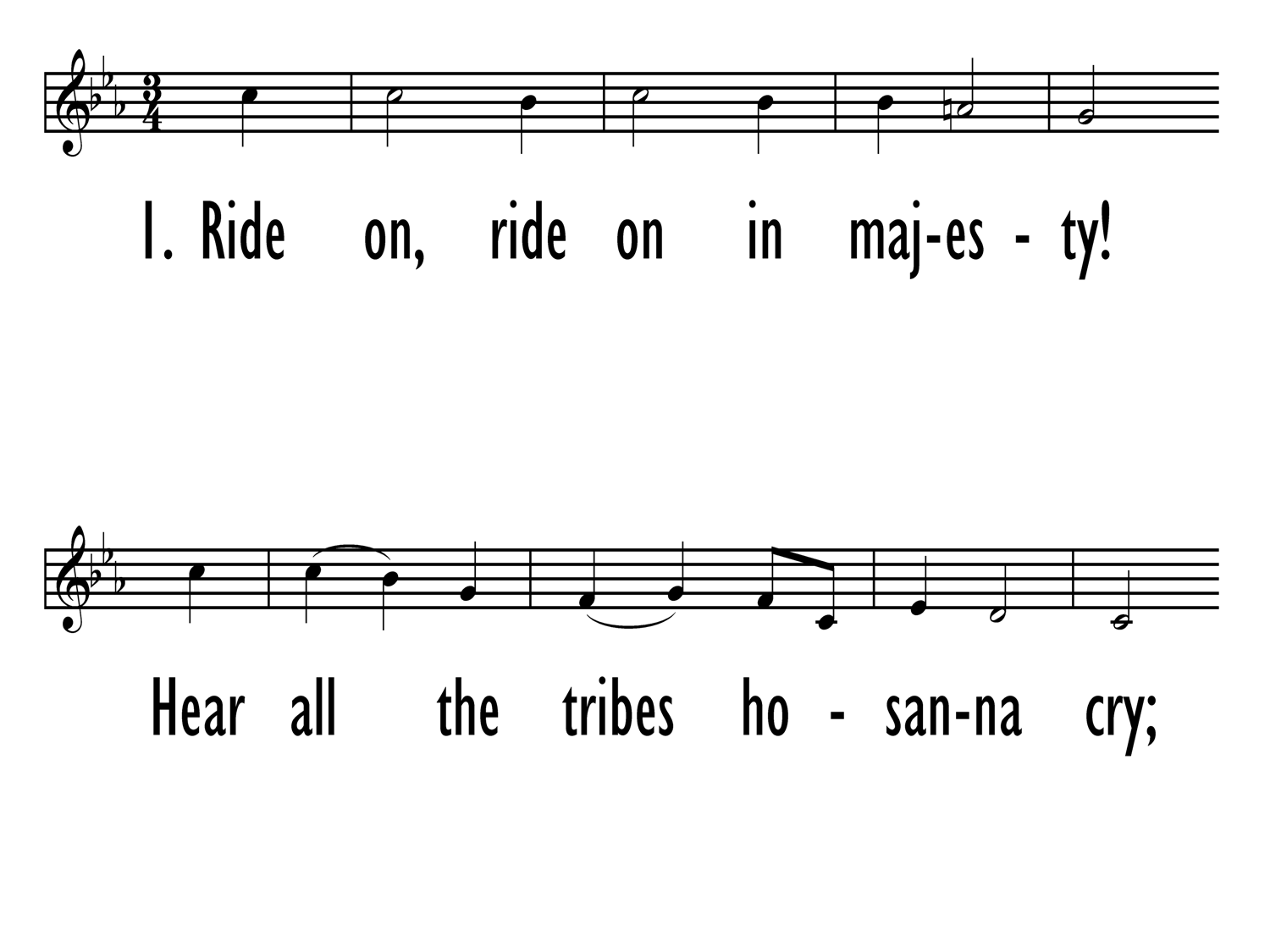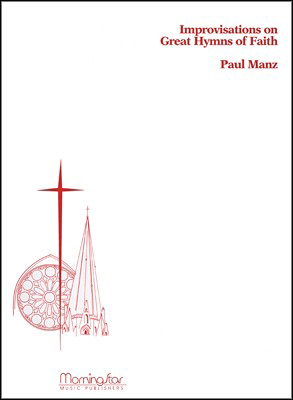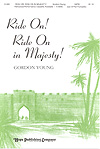- |
User Links
149
Ride On, Ride On in Majesty
Hymn Information
- First Line
- Ride on, ride on in majesty!
- Author
- Henry Hart Milman (1821)
- Tune Name
- DEO GRACIAS
- Harmonizer
- Carl Schalk (1969)
- Tune Source
- English, 15th c.
- Topic
- Church Year: Palm Sunday/Triumphal Entry · Jesus Christ: Majesty
Copyright Information
- Text Copyright
- Public Domain
- Tune Copyright
- Harm © 1969 Concordia Publishing House
- Reprint/Projection Information
- Words: The Words are in the Public Domain; you do not need permission to project or reprint the Words.
- Music: Permitted with a license from CCLI.com or from OneLicense.net. If you do not own one of these licenses, please contact the copyright holder for permission.
Full Text
Scripture References
Further Reflections on Scripture References
The text unites meekness and majesty, sacrifice and conquest, suffering and glory–all central to the gospel for Palm Sunday. Each stanza begins with "Ride on, ride on in majesty." Majesty is the text's theme as the writer helps us to experience the combination of victory and tragedy that characterizes the Triumphal Entry. Christ is hailed with "Hosanna" as he rides forth to be crucified (st. 1). That death spells victory: it is his triumph "o'er captive death and conquered sin" (st. 2). God the Father awaits Christ's victory with expectation (st. 3). Finally, Christ rides forth to take his "power … and reign!" (Note how "reign" is subtly offered as both noun and verb.) The original third stanza was not included.
149
Ride On, Ride On in Majesty
Blessing/Benediction
God and Father of Jesus Christ,
we leave this place for a week in which busy activities
and worshipful remembrance are intertwined.
Teach us, even now, how to make every day a day of prayer,
so that each day of our lives is filled with hope
because of Jesus’ death and resurrection.
Through Jesus we pray. Amen.
[The Worship Sourcebook]
—
Worship Sourcebook Edition Two
Additional Prayers
Optional reading (Ps. 38:9-15)
All my longings lie open before you, Lord;
my sighing is not hidden from you.
My heart pounds, my strength fails me;
even the light has gone from my eyes.
My friends and companions avoid me
because of my wounds;
my neighbors stay far away.
Those who want to kill me set their traps,
those who would harm me talk of my ruin;
all day long they scheme and lie.
I am like the deaf, who cannot hear,
like the mute, who cannot speak;
I have become like one who does not hear,
whose mouth can offer no reply.
Lord, I wait for you;
you will answer, Lord my God.
—
Lift Up Your Hearts (http://www.liftupyourheartshymnal.org)
149
Ride On, Ride On in Majesty
Tune Information
- Name
- DEO GRACIAS
- Key
- c minor
- Meter
- 8.8.8.8
Recordings
149
Ride On, Ride On in Majesty
Hymn Story/Background
Henry Hart Milman wrote this text around 1822. It was first published in Reginald Heber's (PHH 249) Hymns Written and Adapted to the Weekly Church Services of the Year (1827). Of the text of this fine Palm Sunday hymn, Stanley L. Osborne has written,
Objective, robust, confident, and stirring, it possesses that peculiar combination of tragedy and victory which draws the singer into the very centre of the drama. It is this which gives the hymn its power and its challenge (If Such Holy Song, 449).
The text unites meekness and majesty, sacrifice and conquest, suffering and glory–all central to the gospel for Palm Sunday. Each stanza begins with "Ride on, ride on in majesty." Majesty is the text's theme as the writer helps us to experience the combination of victory and tragedy that characterizes the Triumphal Entry. Christ is hailed with "Hosanna" as he rides forth to be crucified (st. 1). That death spells victory: it is his triumph "o'er captive death and conquered sin" (st. 2). God the Father awaits Christ's victory with expectation (st. 3). Finally, Christ rides forth to take his "power … and reign!" (Note how "reign" is subtly offered as both noun and verb.)
DEO GRACIAS is a fifteenth-century English ballad tune sung to commemorate the Battle at Agincourt in 1415. The Agincourt ballad began with the refrain (popularized by E. Power Biggs in an organ fanfare arrangement) "Deo gracias Anglia Redde pro victoria" ("Render thanks to God, England, for victory"). Stanza 1 originally began "Owre kynge went forth to Normandy." Also known as AGINCOURT, the tune was adapted for congregational singing in the 1906 English Hymnal.
DEO GRACIAS is a vigorous tune, even martial with this harmonization by Carl Schalk written for the Lutheran Worship Supplement (1969). Support the unison singing line with solid organ tone and crisp rhythmic accompaniment. Try having antiphonal groups sing stanzas 1-5 and the entire congregation sing stanza 6. Use brass instruments for fanfares and/or accompaniment. Maintain one pulse per bar.
—
Bert Polman
Author Information
Henry Hart Milman (b. St. James, London, England, 1791; d. Sunninghill, Berkshire, England, 1868) was a playwright, professor of poetry, historian, theologian, churchman, and hymn writer–and he was successful in all these areas. He graduated from Brasenose College, Oxford, England, in 1816, and by 1823 had written three popular plays with religious themes. He was appointed professor of poetry at Oxford in 1821 but turned to the study of church history after 1827. His History of the Jews (1829), which raised vehement protest from reviewers, was influenced by the new critical German methods. Ordained in 1817, Milman served St. Mary's Church in Reading and St. Margaret's Church in London; his most illustrious church appointment was as dean of St. Paul's Cathedral, London, a position he held from 1849 until his death. His finest scholarly work is his History of Latin Christianity (1854). Milman wrote thirteen hymns, all published in Bishop Heber's Hymns (1827).
—
Bert Polman
Composer Information
Carl F. Schalk (b. Des Plaines, IL, 1929) was professor of music emeritus at Concordia University, River Forest, Illinois, where he taught from 1965-2004. He completed graduate work at the Eastman School of Music in Rochester, New York, and at Concordia Seminary, St. Louis, Missouri. From 1952 to 1956 he taught and directed music at Zion Lutheran Church in Wausau, Wisconsin, and from 1958 to 1965 served as director of music for the International Lutheran Hour. Honored as a fellow of the Hymn Society in the United States and Canada in 1992, Schalk was editor of the Church Music journal (1966-1980), a member of the committee that prepared the Lutheran Book of Worship (1978), and a widely published composer of church music. Included in his publications are The Roots of Hymnody in The Lutheran Church-Missouri Synod (1965), Key Words in Church Music (1978), and Luther on Music: Paradigms of Praise (1988). His numerous hymn tunes and carols are collected in the Carl Schalk Hymnary (1989) and its 1991 Supplement.
—
Bert Polman
Suggestions or corrections? Contact us


 My Starred Hymns
My Starred Hymns






